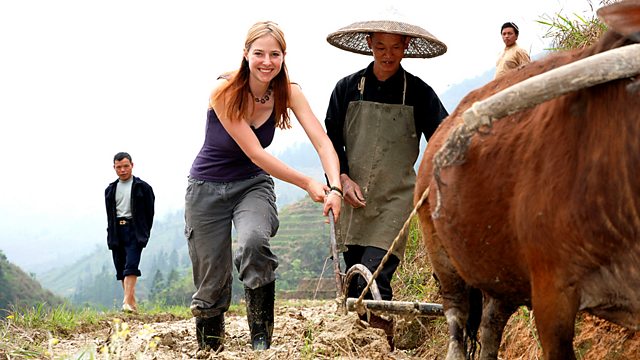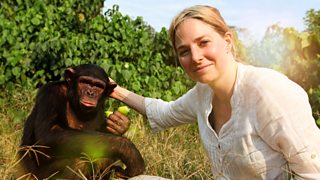Asia
Dr Alice Roberts discovers how humans left Africa to colonise the world. In Asia, she investigates how early hunter-gatherers survived in the Arctic region of northern Siberia.
There are seven billion humans on earth, spread across the whole planet. Scientific evidence suggests that most of us can trace our origins to one tiny group of people who left Africa around 70,000 years ago. In this five-part series, Dr Alice Roberts follows the archaeological and genetic footprints of our ancient ancestors to find out how their journeys transformed our species into the humans we are today, and how Homo sapiens came to dominate the planet.
The journey continues into Asia, the world's greatest land mass, on a quest to discover how early hunter-gatherers managed to survive in one of the most inhospitable places on earth - the Arctic region of northern Siberia. Alice meets the nomadic Evenki people, whose lives are dictated by reindeer, both wild and domesticated, and discovers that the survival techniques of this very ancient people have been passed down through generations. Alice also explores what may have occurred during human migration to produce Chinese physical characteristics, and considers a controversial claim about Chinese evolution - that the Chinese do not share the same African ancestry as other peoples.
Last on
Credits
| Role | Contributor |
|---|---|
| Presenter | Alice Roberts |
| Director | Charles Colville |
| Producer | Paul Bradshaw |
| Executive Producer | Kim Shillinglaw |


